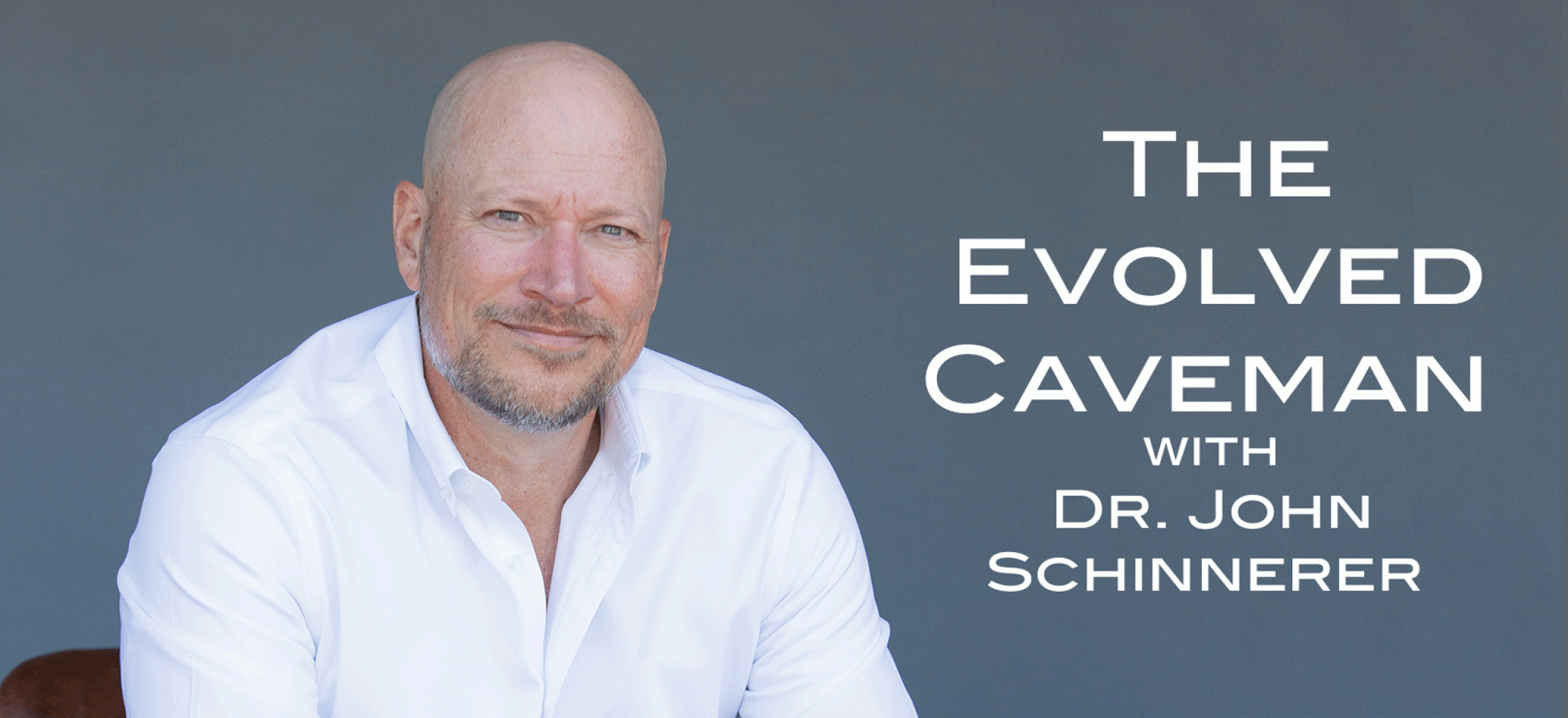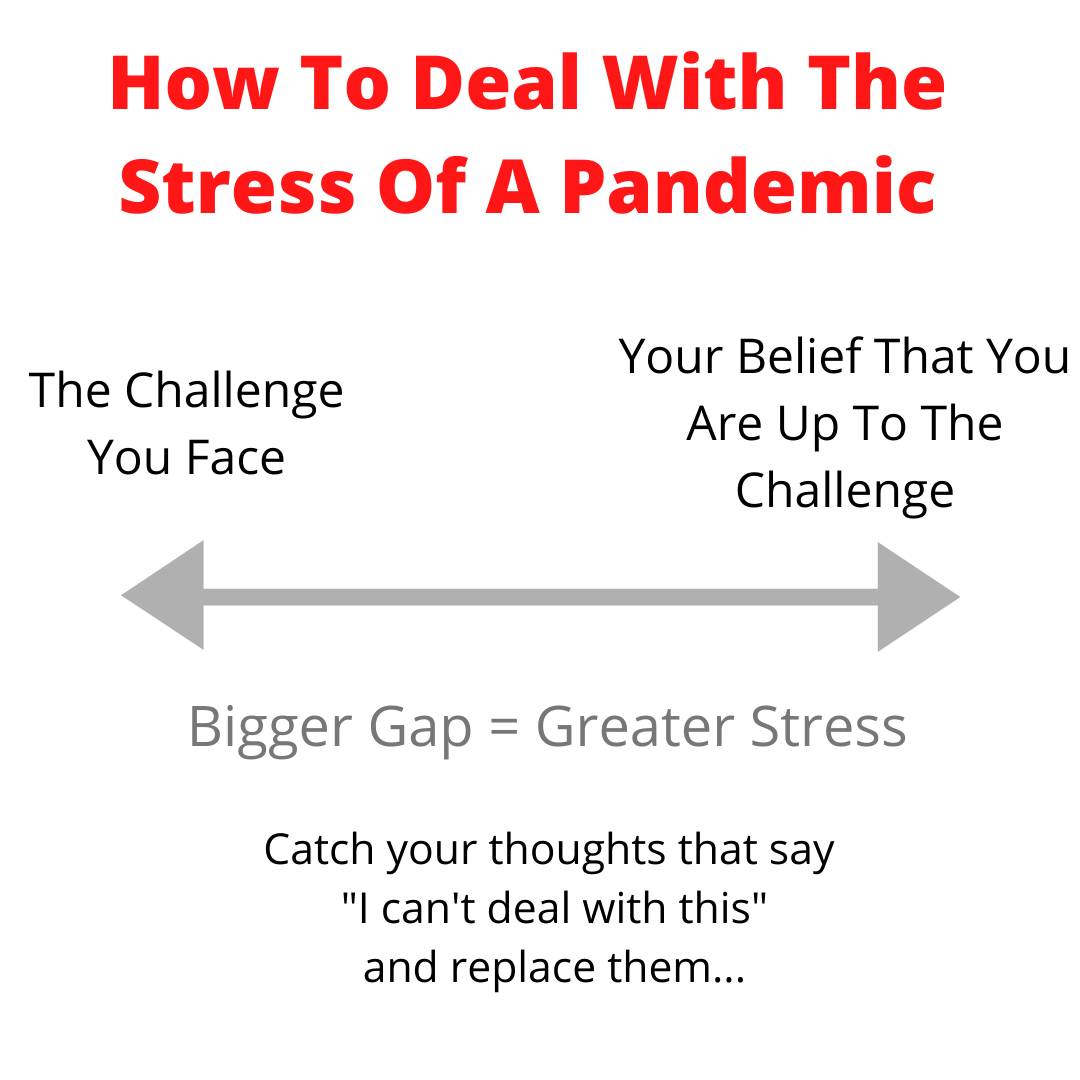The Harry’s Masculinity Report, USA
Dr. John Schinnerer
Executive Summary: A recent study looked at which factors are the most important for wellbeing and happiness for American men. Answers from 5,000 men indicate that happiness is predicated on the following (ini order of importance from most to least): meaningful work, physical and mental health, income, age, marital status, friendships, and military service.
Happiness. Confidence. A six pack. Meaningful work. Active sex life. A dedicated partner. The single life. Freedom. Control. Youth. Good looks.
Which of these are important to men in the United States? Which of these are most connected to a happy life? What are the values of a satisfied American male?
Well, it just so happens a massive research study was done recently asking these very questions. Over 5,000 men aged 18-95 from all over the United States were asked a variety of questions to see what provides us with emotional, physical and mental health and well-being. After all, who doesn’t want to be happy?!
The Positive Mindset Index (PMI)
Participants were first asked about their happiness, confidence, sense of being in control of their lives, emotional stability, optimism and motivation. This set of questions created the Positive Mindset Index, a precise estimate of how happy and satisfied they are in life.
Next, subjects were asked how satisfied they were in key areas of life: career, relationships, money, physical health, work/life balance, and mental health. And lastly, they were asked about what type of men they aspire to be in terms of core values and motivations.

General Findings
Morality is big for the modern man. The values to which men aspire are focused on others – reliability, dependability, honesty, respect and loyalty. At the bottom was athleticism and having the perfect body, demonstrating that men have figured out that happiness begins on the inside, and not so much how you look on the outside.
The most content men in the U.S. have a high degree of satisfaction with their jobs, value their mental and physical health, have a good income, are married and over the age of 50.
On average, American men are mostly happy with an above average Positive Mindset Index (PMI) and are more positive about life than men in the U.K. (as compared to a 2017 U.K. study).
- What Impacts Wellbeing The Most?
The biggest impact on a positive mindset for men is – by far – meaningful work. This seems to be the foundational pillar upon which to build a happy, meaningful life.
Men who have meaningful work are contented men. Even when other things in life are difficult, meaningful work can lead to peace, satisfaction and a feeling of control.
Meaningful work is such a strong predictor of wellbeing that it was found to be three times higher than the next strongest predictor (i.e., health).
Be assured this isn’t mostly about money and greed. Meaningful work was found to be about having an impact on their company’s success; socializing with fellow coworkers, a sense of making a difference, a feeling that what one does matters, being part of something larger than oneself, and earning a healthy wage.
2. Key To Happiness Is On The Inside
Health, physical and mental, came in as the second highest predictor of happiness and wellbeing for men in the U.S. This was broken down into subcategories and surprisingly, grooming (e.g., taking care of one’s outer appearance) was the strongest predictor within this group. It is thought that this is due to the positive impact of looking good on one’s confidence and mood.
A revolutionary finding was the emphasis American men put on their mental wellbeing. This insight offers hope for all men. U.S. men put a higher importance on their mental health than on their physical health! Across all individuals, 52% reported their mental health was “very important” compared to 43% who reported the same of physical health. This shows tremendous growth in men around the importance of addressing mental health issues and learning new skills to increase their mental well-being and happiness.
3. Income Comes In Third Place
The third most important predictor of happiness for men was income. A certain amount of income is needed to fulfill basic requirements. Earning a healthy wage, a wage which one feels is fair compensation for work done, is a major factor in men’s wellbeing.
4. Men Get Better With Age, Like A Fine Whiskey
Men age well, getting happier as they get older, with a peak in their 50’s. This sends a message to the anxious younger men that older age is not a period of life to dread, but one to which to look forward. It also points out the need for mentoring programs in which younger men can learn tools for happiness and life satisfaction from older men.
5. Despite What Your Single Friend Says, Marriage Boosts Happiness
Being married came in 5th place for most significant determinants of men’s happiness and positivity. Men who are married have significantly more happiness followed by those who are in a committed relationship or living together. At the bottom? The single guy who was found to be worse off than divorcees or widows.
6. The Need For Male Friendships
Those men who place a premium on friendship, family and sports (particularly team sports) have a greater sense of wellbeing and satisfaction with life. Friendships fulfill some of our essential needs including socializing, bonding, belonging to a group, competition and conversation.
Interestingly, developing the six pack abs (i.e., having the perfect body) was relatively unimportant to men. What was important was staying fit – mentally and physically – for the benefit of their children, partners and families.
7. Smiley Faces On Sleeves Of Our Military Uniforms?
And finally, being a member of the U.S. armed forces, in the past or present, is connected to having a more positive, happy outlook on life. What’s more, being on active duty confers the highest PMI. This makes sense when you consider that three large components of happiness are an awareness of one’s deeply held values, meaningful work, and being part of something larger than one’s self. Being a member of the military neatly fulfills all three of these.
Summary
While the results of this research are encouraging, there is still much work to be done to stem the tide of suicide, drug and alcohol addiction and loneliness among men throughout the world. This research suggests ways to do just that. Begin with getting men into fulfilling work. While the dignity of meaningful work fulfills men’s need to provide, joblessness, on the other hand, contributes to depression, anger, social withdrawal and addiction. To the extent policy makers can incentivize employers into economically disadvantaged areas, they should do so. More education around sustaining and leveraging social networks to aid in job search is needed as well. Watching for changes in grooming habits is a good indicator of a man’s mood. And encouraging men to step up their physical appearance and grooming can give them a psychological boost. Finally, supporting relationships and families for men is critical. Men in a committed relationship with male friends are among the happiest of all. Let’s encourage involvement in sports teams, men’s groups, and rekindling old friendships. These findings suggest men are looking to be honest, loyal, dependable and respectful. Let’s tap into those values in order to help all men be the kind of men who can look at themselves in the mirror with pride.
About Dr. John:
Dr. John Schinnerer coaches men to perform at their peak from the boardroom to the bedroom. Dr. John hosts a top 10 podcast to help men evolve, The Evolved Caveman. He graduated from U.C. Berkeley with a Ph.D. in educational psychology. He was an expert consultant for Pixar’s Inside Out. He has spoken to organizations such as Stanford Medical School, Chinese entrepreneurs in Hebei, China, U.C. Berkeley, Kaiser Permanente, Sutter Health, Gap and UPS. He has been featured in national media such as U.S. News and World Report, Readers Digest, and SELF Magazine. Dr. John has worked with Army Rangers, Navy Seals, entrepreneurs, and executives from dozens of Fortune 500 companies. His areas of expertise range from high performance, to positive psychology, to anger management, to positive masculinity, to creating happy, thriving relationships. Over 10,000 people have taken his online anger management course. He recently recorded 2 mini-courses on anger management and forgiveness for Simple Habit; they have been listened to nearly 100,000 times in the first year. Visit GuideToSelf.com, TheUltimateRelationship.com or TheEvolvedCaveman.com to learn more.

